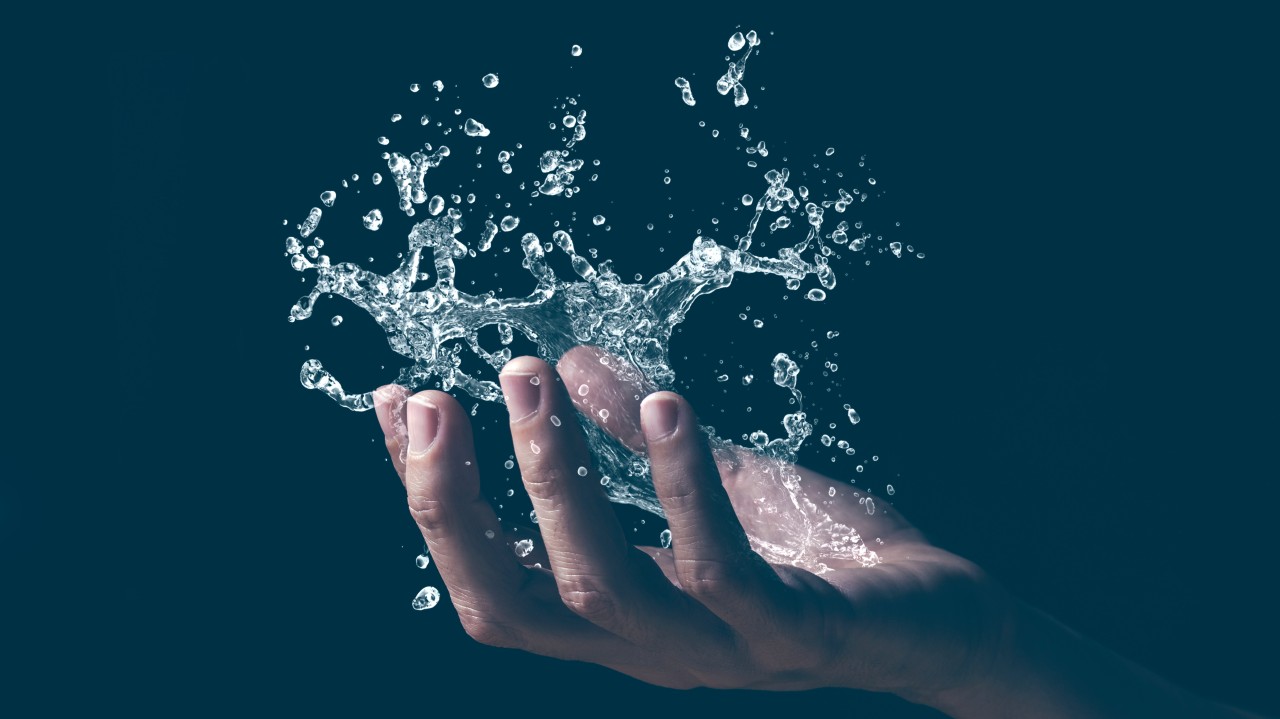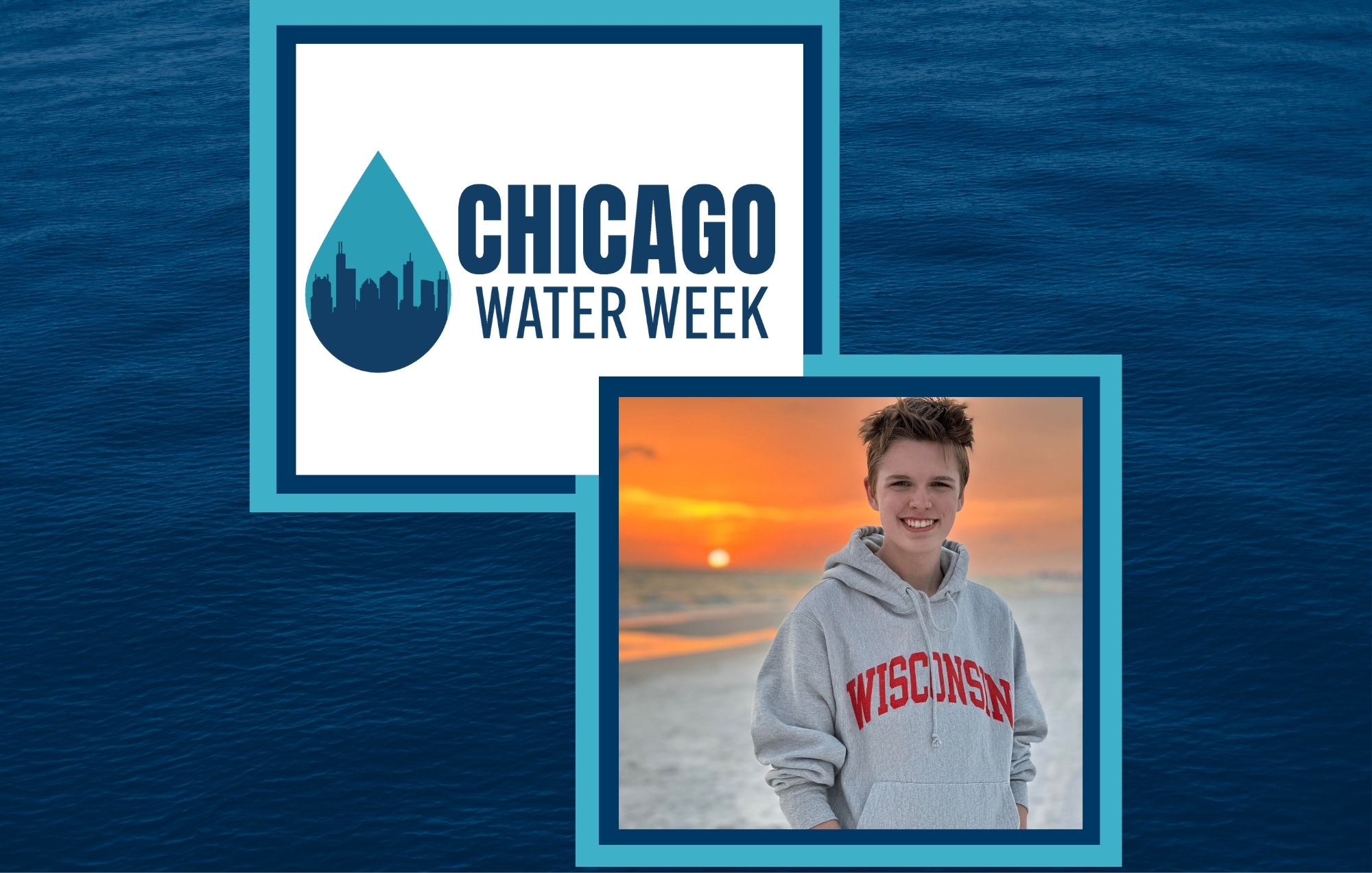The Great Lakes region has a significant opportunity to turn our freshwater advantage into economic leadership. But without bold investment in water innovation, this opportunity could slip away.
“Water is quickly becoming a global investment mega trend,” said Steve Kloos, a Partner at Burnt Island Ventures, the most active investor in water startups globally, and a member of Current’s board of directors. For example, in 2023, water tech companies received a combined $1.2 billion in funding, more than doubling pre-pandemic level investments.
What are investors in water technology looking for? Kloos pointed to solutions to extreme weather events like droughts and flooding, and water-intensive industries like data centers and semiconductor fabs.

Burnt Island Ventures’ investment portfolio
In addition, he noted the rapidly growing need for selective separation technologies to address pollution challenges like PFAS contamination, microplastics, and the recovery of valuable nutrients and critical minerals.
“We have to confront the fact that we have underinvested in water,” he said. “Great Lakes ReNEW is well-positioned at the early stages of what will be a decades-long run in water investment and innovation.”
A Q&A on water technology investment with Steve Kloos
What are the challenges early-stage water tech startups face?
“Like all companies, startups need to be able to sell a credible long-term vision and show a viable path to market. And sometimes, the markets with the best return on investment on paper are not the early adopter markets. When a company initiates commercialization, it’s all about finding those entry markets where you are solving a real pain point, an unmet need, to get that initial adoption and get the company in business.
Think about it – someone will take the risk of buying serial #1 – the only way they do that is if their problem is so painful and there are no other solutions to solve the problem. Find that beachhead where there are multiple customers with the same large pain point you can solve, where success with one will translate to rapid segment penetration.
Then use that success in the beachhead to migrate to other segments, but now with reference cases and likely an improved product and cost position.”
What’s a water tech startup you’re really excited about?
He said that there are several and pointed to SewerAI as one example, which is transforming how utilities managers inspect underground infrastructure.
“There are 800,000 miles of sewer pipe in the United States. Many of them are old and in need of inspection and repair, but the burden of maintenance for a given utility rests on a couple of workers in a truck and a camera,” Kloos said.

“SewerAI changes this. Using AI for pattern recognition of pipe video, utility workers can identify in seconds pipe cracks and defects that traditionally took hundreds of hours before to identify — and prioritize what needs inspection and repair. The company found its beachhead, made incredible commercial progress while advancing its tech and solution, and now is in growth mode.”
As an investor, what do you see as ReNEW’s strengths?
“This is an opportunity to unleash this region’s potential,” Kloos said. “When I was initially approached in 2016 about the idea of Current, I was skeptical. There are a lot of places that want to have a water cluster, but there has to be a substantive foundation for it to make sense and have the chance to be successful. And when I looked at the list of water companies, water intensive industries, top water research universities, the innovation ecosystem, the two world class water/wastewater utilities, along with the Burnham Spirit of Chicago, I knew that there was something we could build on.
We’ve now extended to the Great Lakes region with ReNEW, building a real powerhouse team.”
What’s the next step you see for Current?
“One of ReNEW’s key priorities is creating the first connected testbed network in the country to bring together researchers, startups, national laboratories and utilities for pilot testing and scaling,” Kloos explained. “This network will provide rapid testing and validation of new technologies in addition to promoting collaboration. That’s huge.”
In 2025, Great Lakes ReNEW will also be launching resources and programs for water tech startups. This includes new accelerator programs led by Current and key engine partners, designed to equip these startups with the tools, mentorship, and investment opportunities they need to succeed.
“With the testbed network and accelerator programs, we have an opportunity to create a really critical center of gravity around Current and the Great Lakes ReNEW coalition, unleashing the full potential of water innovation by getting these critical technologies to market faster,” Kloos said.
Are you a water tech startup eager to explore Great Lakes ReNEW’s resources? Or an investor seeking the next breakthrough in water technology? Follow us on social media and subscribe to Current‘s mailing list here to receive the latest updates. Ready to connect now? Contact us.
Innovation Spotlight: This sponge soaks up pollutants and saves valuable minerals
Dr. Vinayak Dravid and his team at Northwestern University have developed a reusable, cost-effective sponge that captures harmful pollutants like zinc, copper, and phosphate, offering a scalable solution to water contamination. This nanoparticle-coated sponge even removes lead, microplastics, and oil, and releases valuable resources for reuse when exposed to different pH levels. Based on work related to Great Lakes ReNEW, this breakthrough helps protect water security and drives the circular blue economy by keeping valuable resources from being flushed down the drain and harmful contaminants out of our waterways. Learn more.
Note: This material is based upon work supported by the National Science Foundation under Cooperative Agreement No. 2315268



